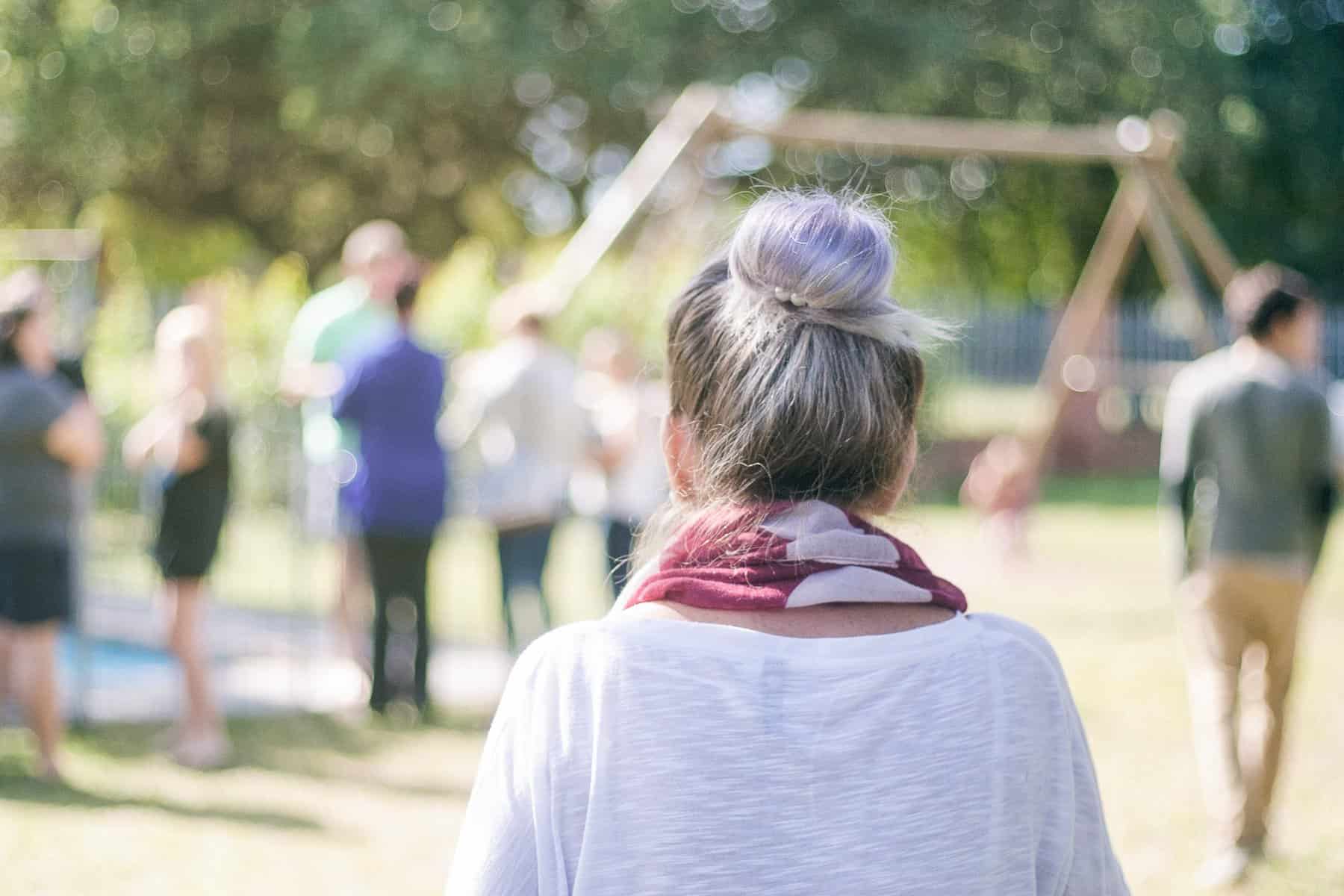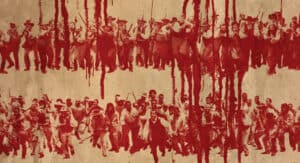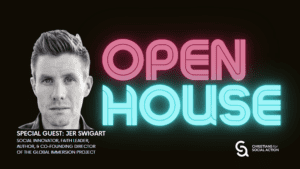
White people, like myself, need to recognize our responsibility to talk with other white people about race, especially in light of current events and the increasing polarization in our nation around issues of race and ethnicity. On my personal blog, I recently wrote: “We need to look in the mirror and then at our networks of fellow whites, and do the work that for way too long we have been afraid and loathe to do.” The work I was referring to is taking this conversation to our families, our friends, our co-workers and wherever white people gather.
I was reminded of this a few days later as I was listening to a radio talk show interviewing some local Philadelphia leaders reflecting on the meaning and implications of the events in Charlottesville. A woman called in and asked a question I have heard in various forms many times before. She said: “How do I talk my family members—who are white—about these issues? They don’t even want to talk about race. How do I start the conversation?”
In this series I’m calling “How to Talk to White Folks About Race,” I will seek to address that question. I don’t claim to be an expert, but I have wrestled with this subject for many years. Over the last 20 years I have taught courses and conducted workshops, run small groups, and led Adult Sunday School classes on racism, race and ethnicity, and communicating across difference. For the past 40+ years since college I have been on an intentional journey addressing racism in my personal life, my social connections, and in the institutions in which I have worked. Along the way I have made many mistakes and hopefully learned from them. It is out of these experiences that I want to share what I hope will be some helpful thoughts.
Over the next few weeks I want to address issues such as:
- What exactly is racism?
- How do we tell our own race story and help others tell theirs?
- How can I listen to others share their stories without getting defensive or feeling the need “convert” the other?
- What does it mean to be white? Where did whiteness come from? How do we explain what white privilege is and why it needs to be addressed?
- What do people mean when they say they are colorblind, and how do we respond?
- How do we respond to the strong reactions some people have to the Black Lives Matter movement?
- Why do discussions about race make white people feel guilty, defensive or angry? What is going on there?
- How do I confront the ignorance and twisted historical narratives many white people have learned that make them unresponsive to examining their thoughts and behaviors and the nature of our system?
While I have spent a great deal of time thinking, reading and writing about these topics, I will do my best to keep things straightforward and simple. I don’t want to make this an intellectual exercise but rather a practical, heart-to-heart sharing of lessons I have learned along the way about how we can talk with our fellow whites about a topic many whites would rather ignore: race. This isn’t about whether you consider yourself politically liberal or conservative, it is about how we as people can be human and open to each other.
So look for these posts in the coming weeks, and if my words prompt suggestions or questions, I hope you will feel free to post them in the comments section. There may be some readers who will want to attack or twist my words, but in my mind such responses only make this conversation all the more important. I am not interested in labeling, or name calling, or getting into an online debate. If you aren’t ready to engage with these issues, don’t bother reading what I write. But for those who are, I hope what I share can be helpful.
Drick Boyd is Professor of Urban and Interdisciplinary Studies at Eastern University and the author, most recently, of Paulo Freire: His Faith, Spirituality and Theology. Drick’s areas of interest include urban theology, race and ethnic relations, leadership, social activism, and popular education; he is particularly focused on community issues of gun violence prevention, urban education and interfaith and inter-racial coalitions for addressing city issues. Married with three adult children, he is a cycling enthusiast, a sports fanatic, a lover of books, and a guitar player, who enjoys spending time with colleagues, friends and family.


